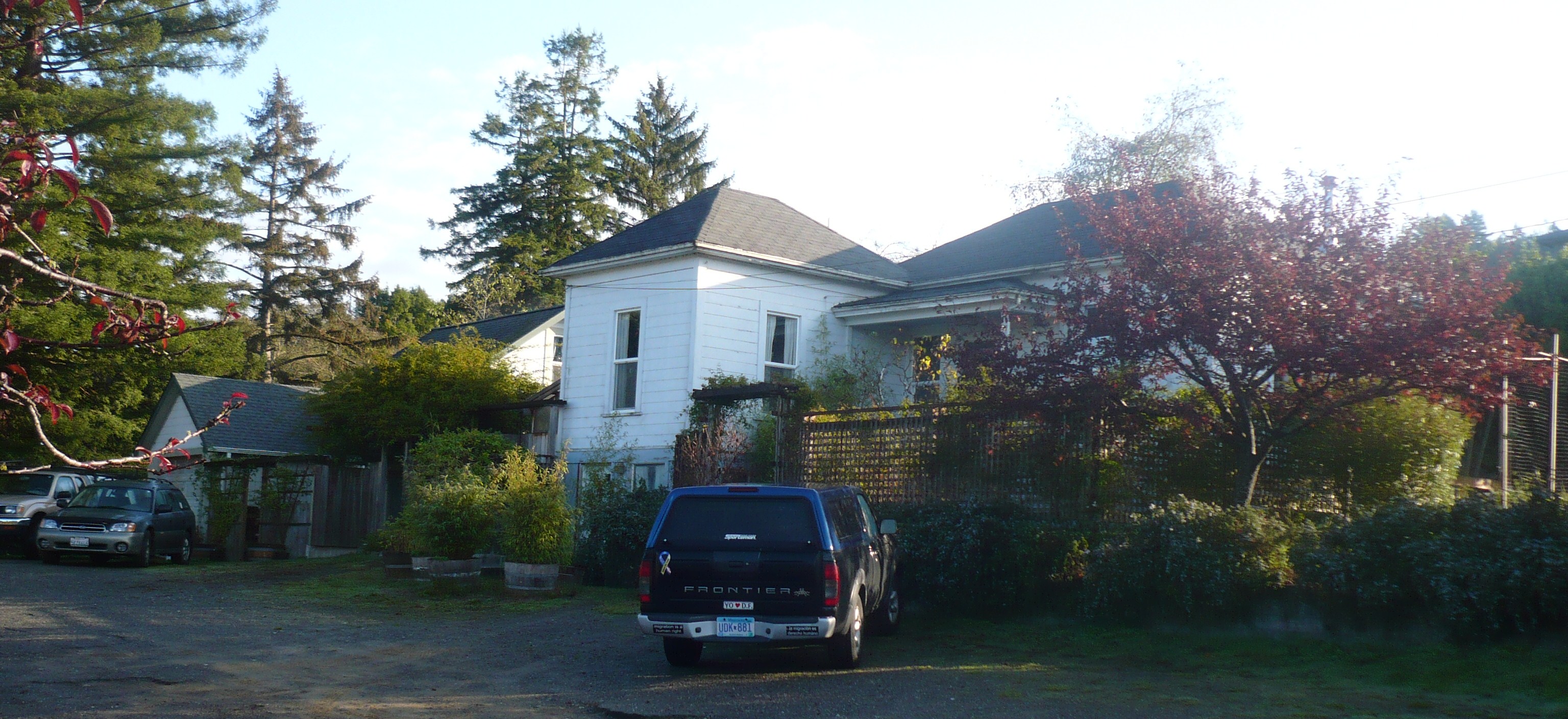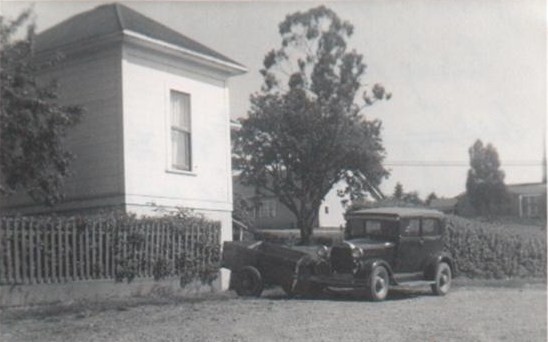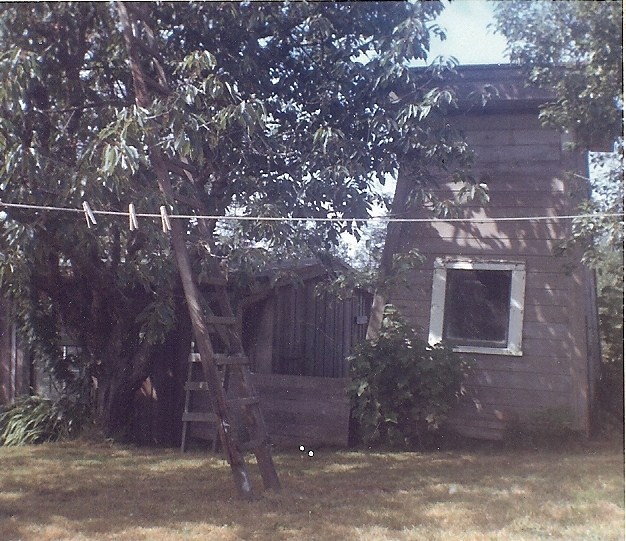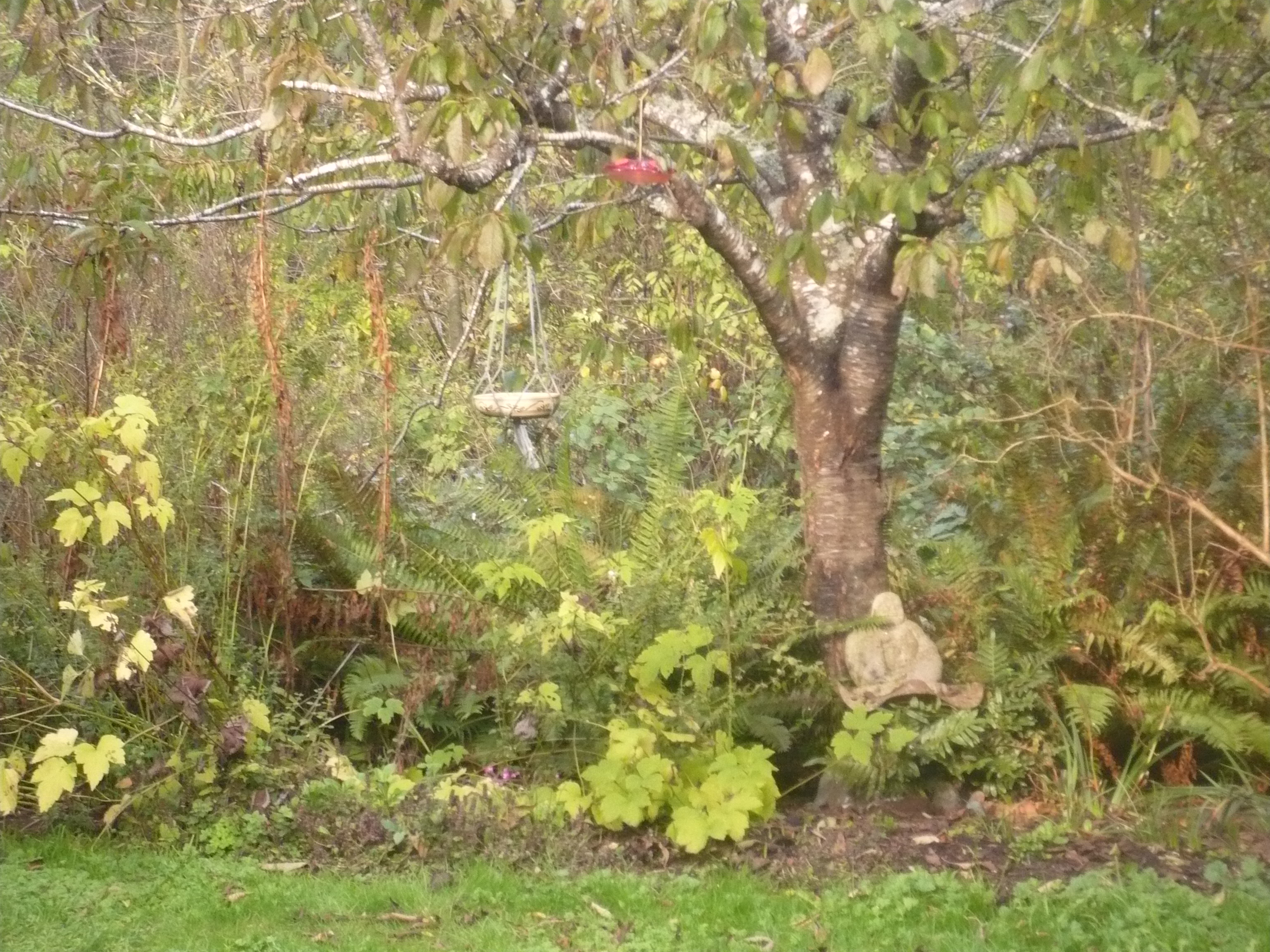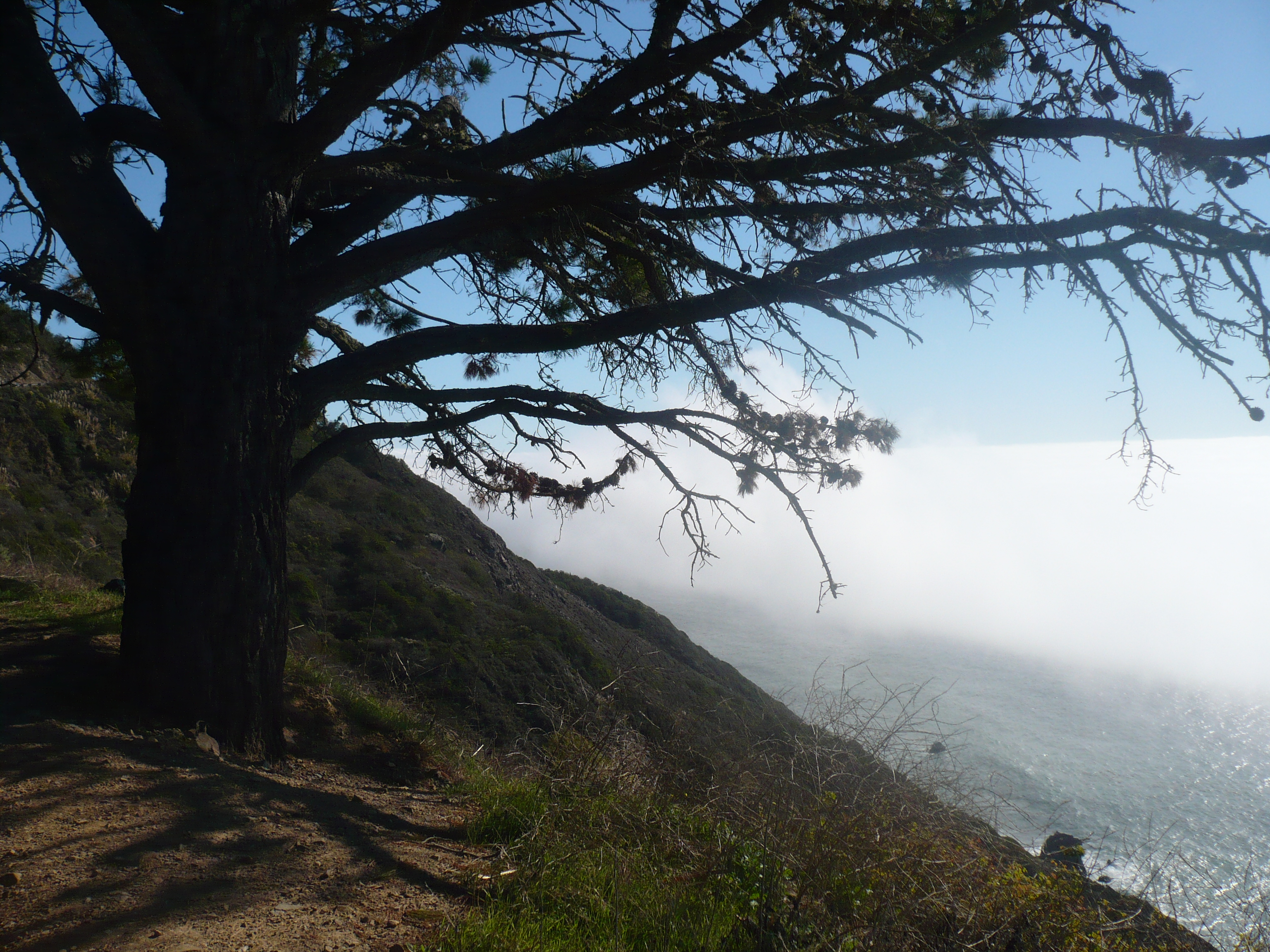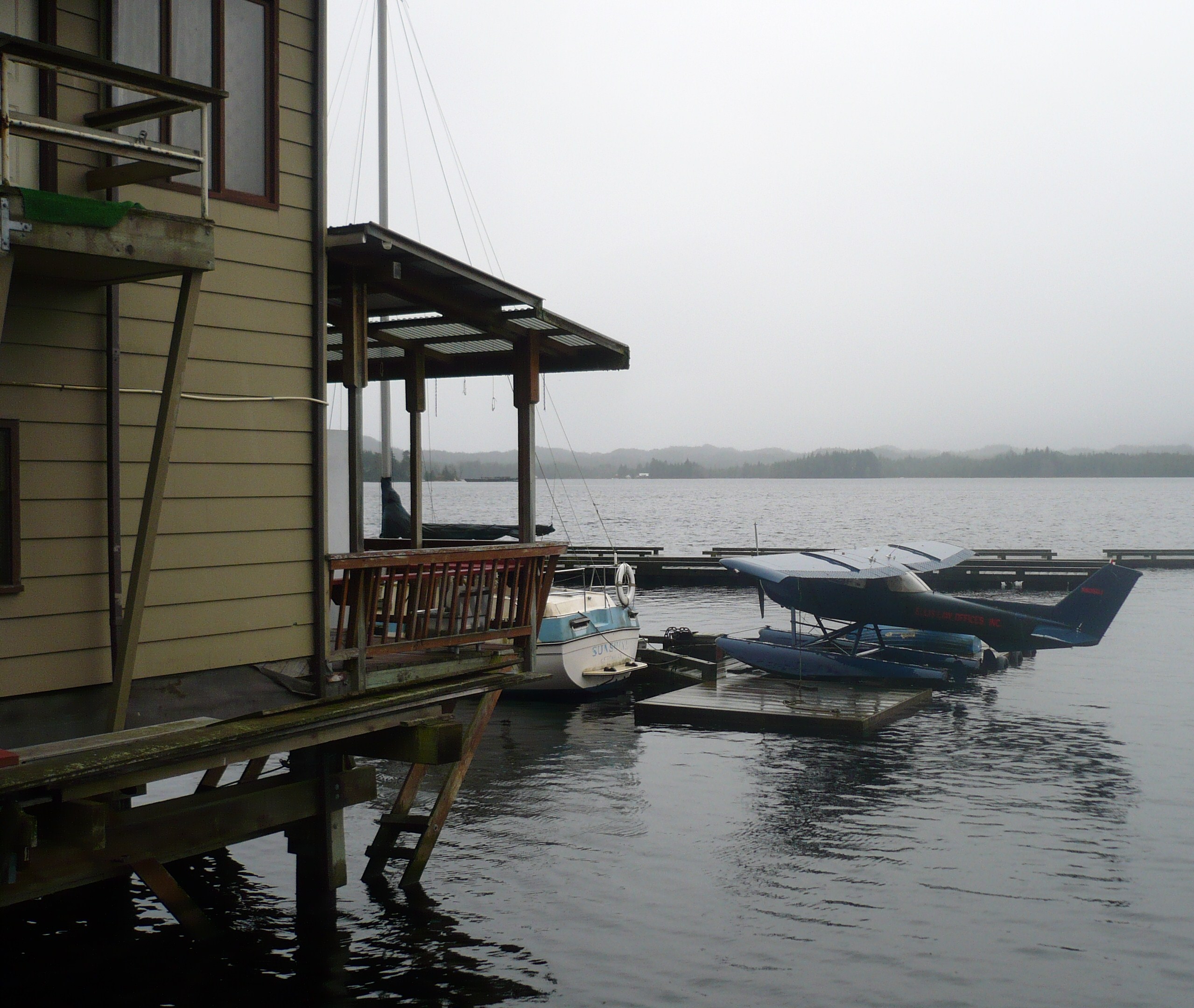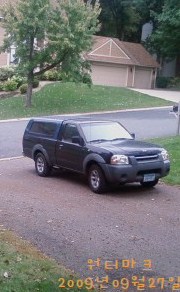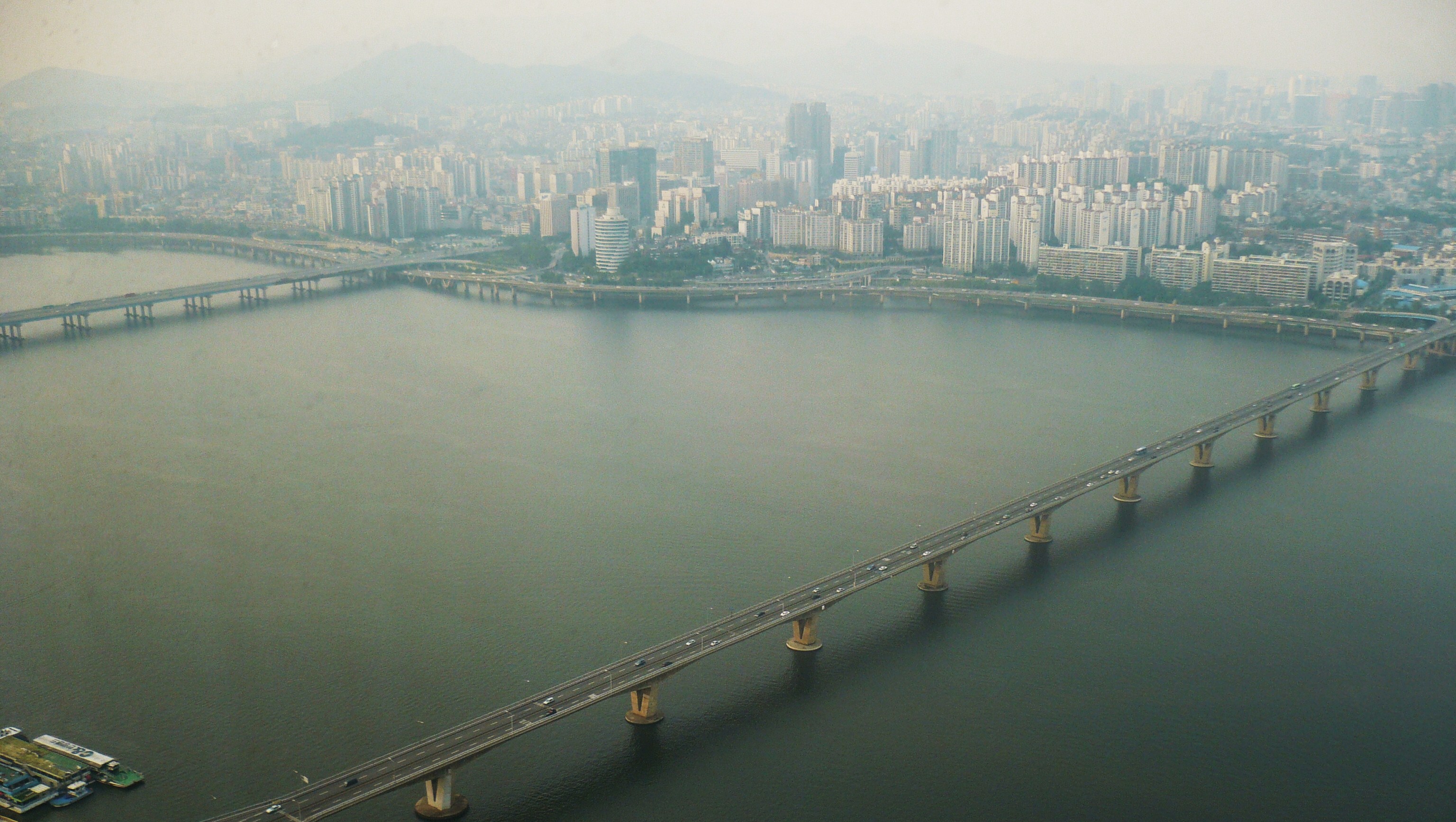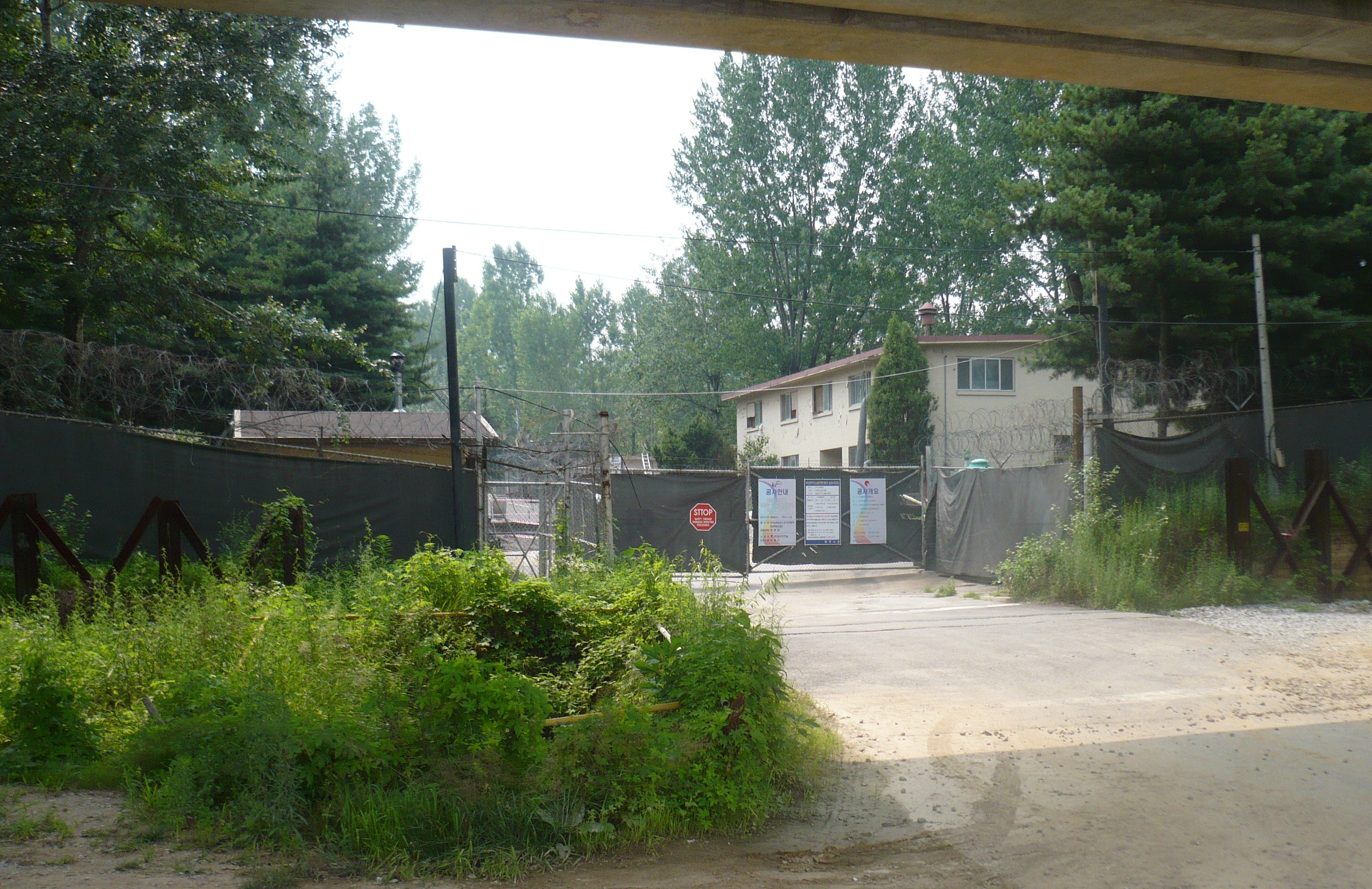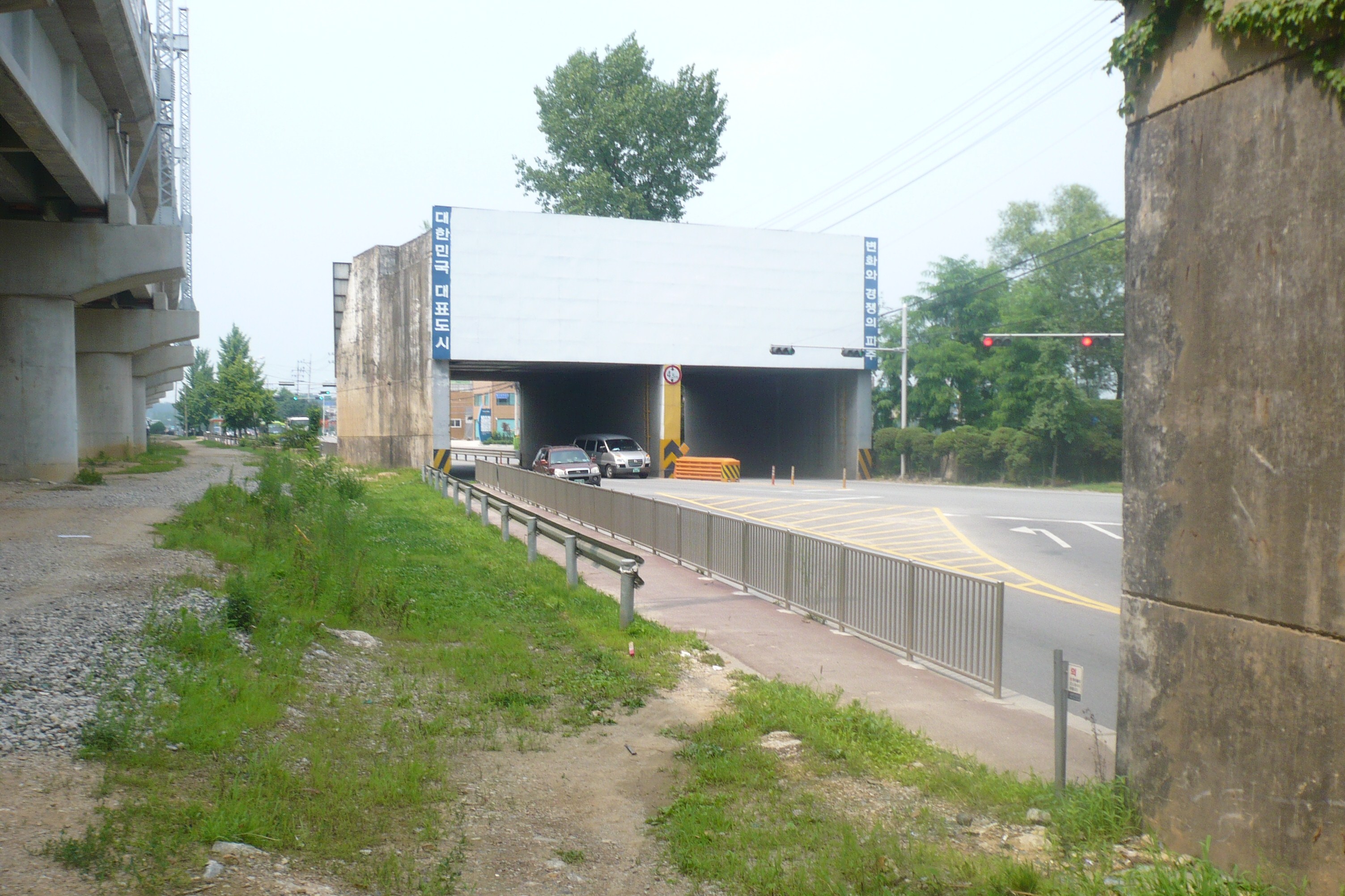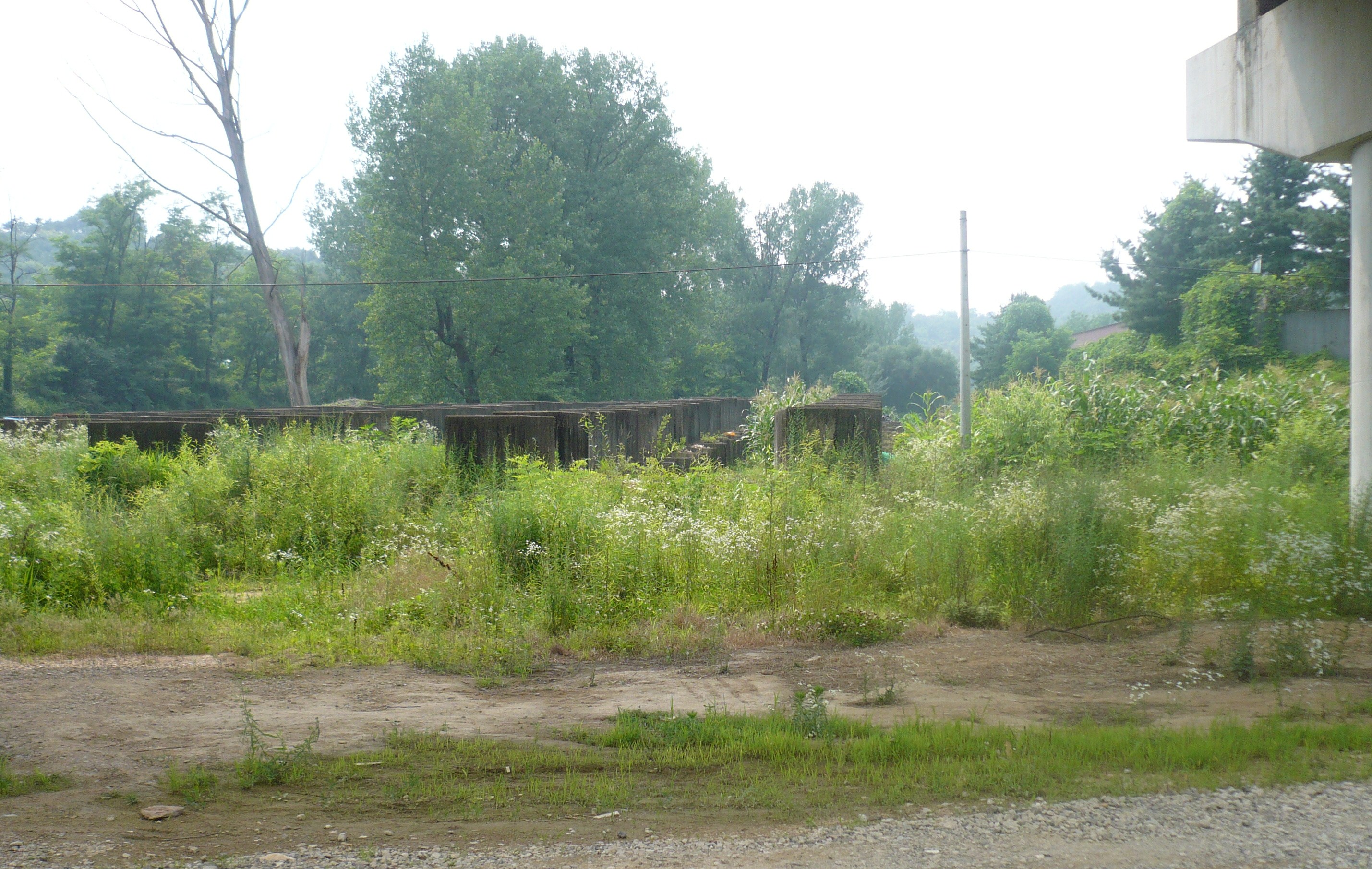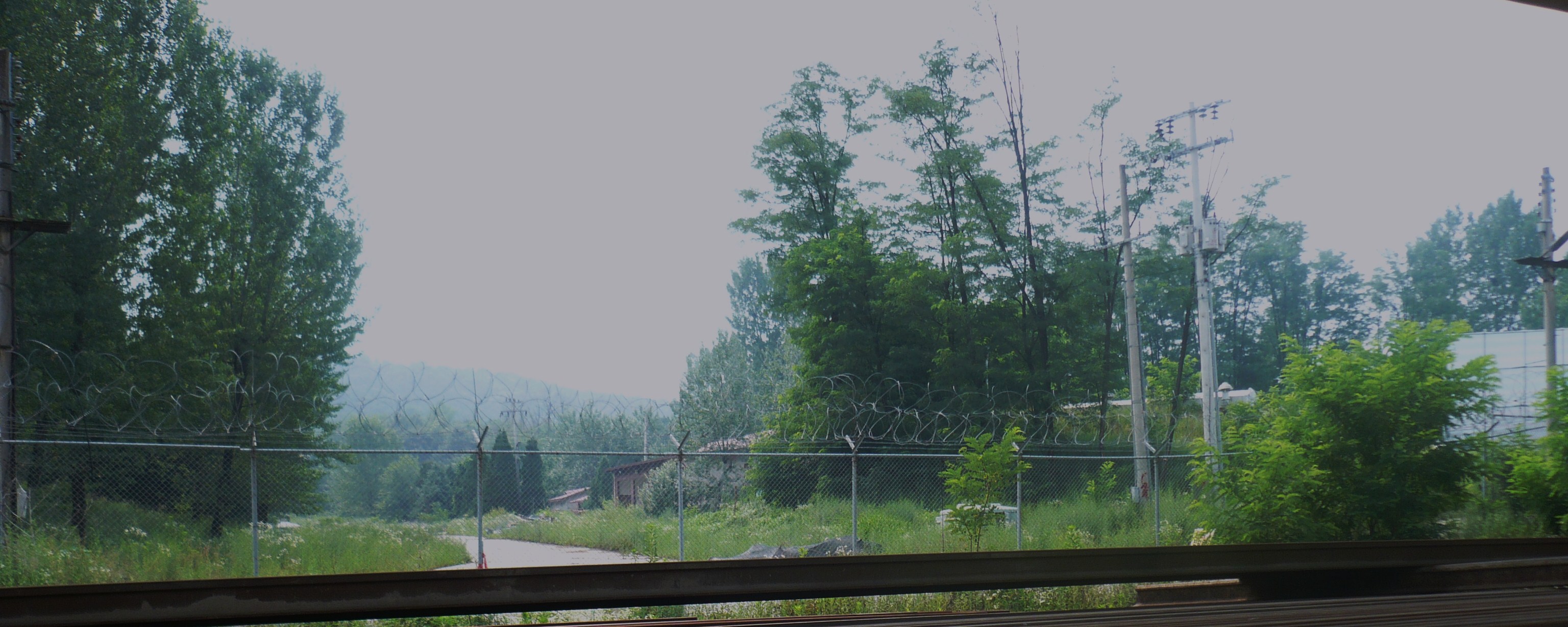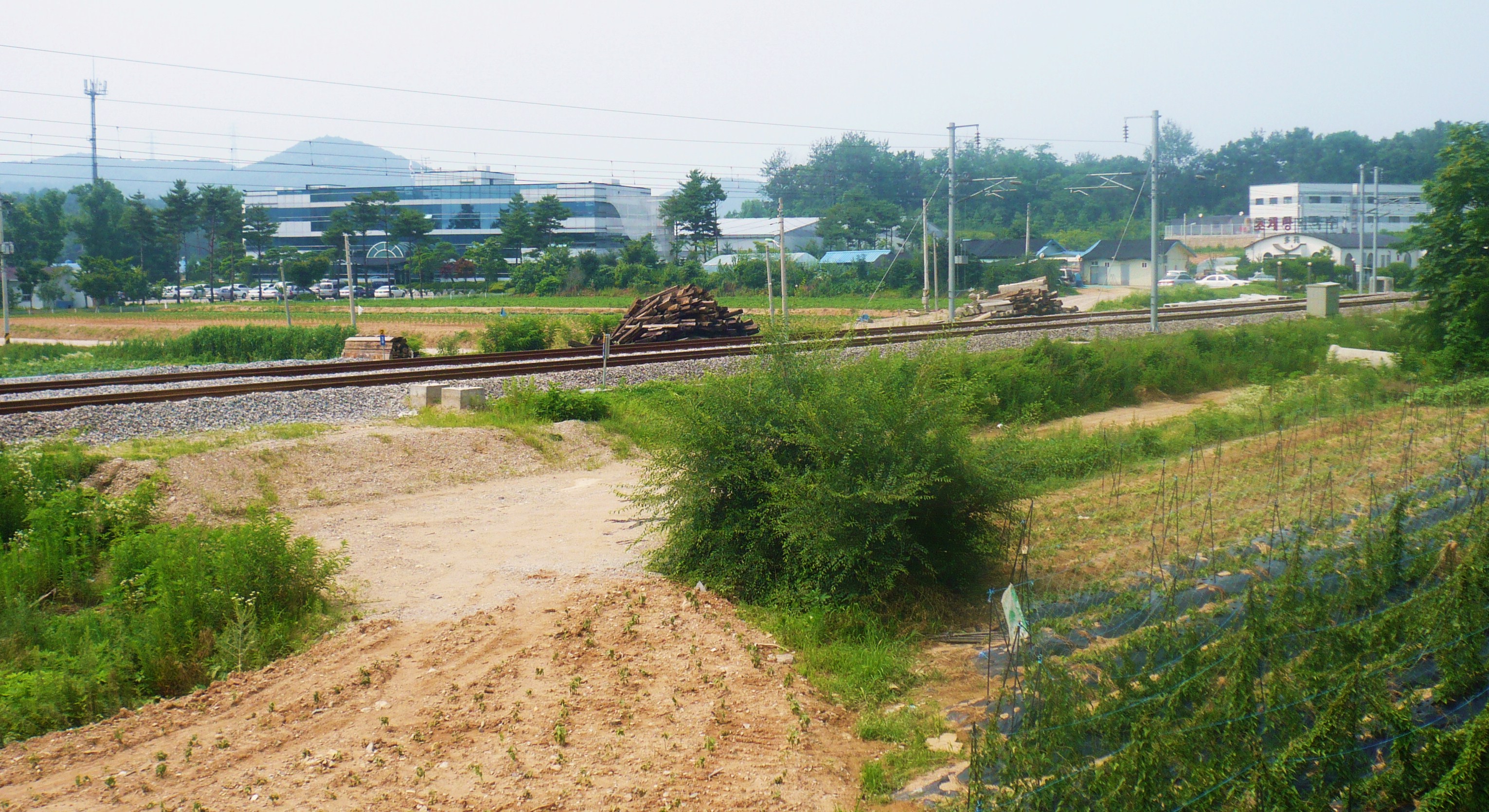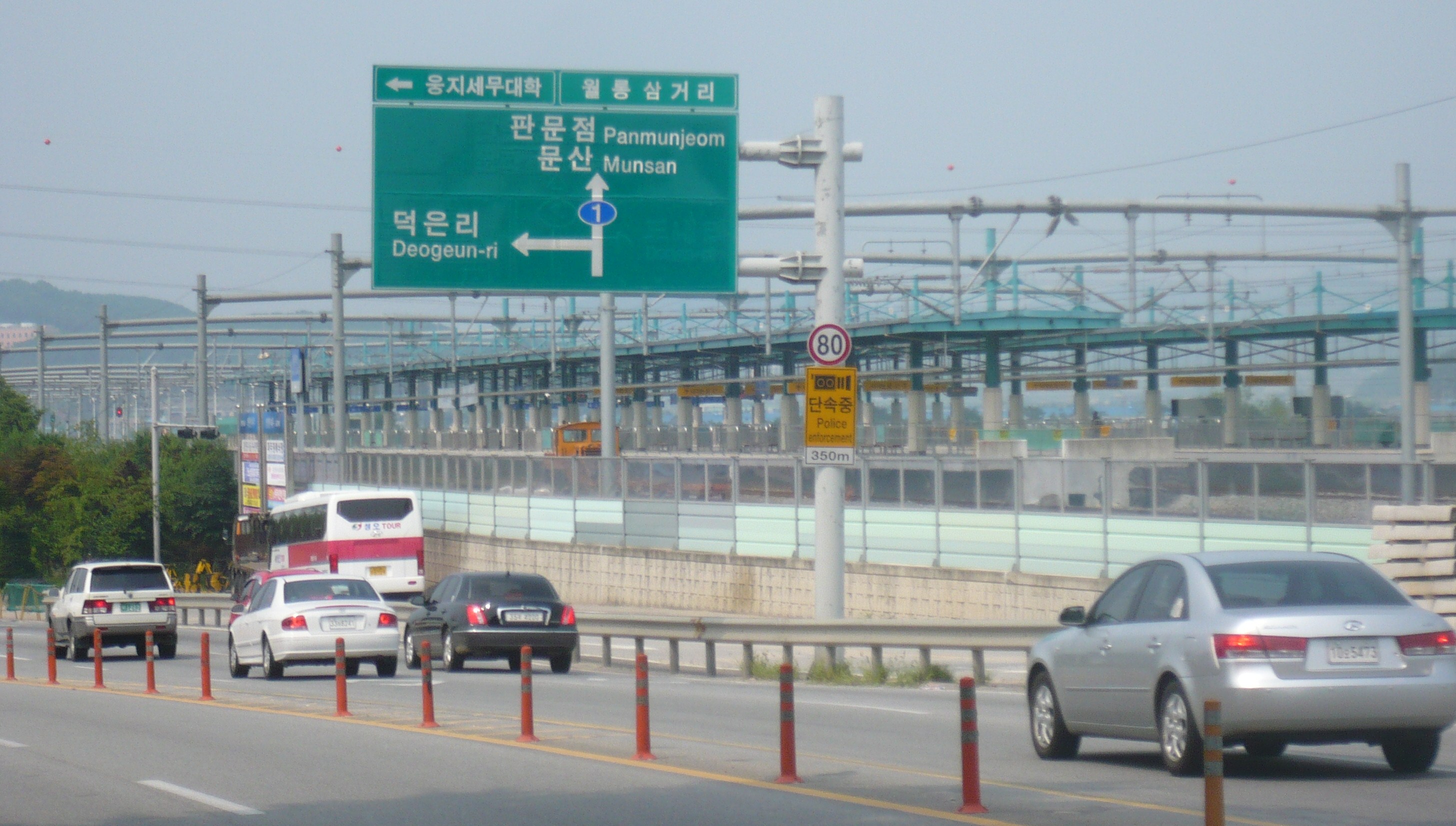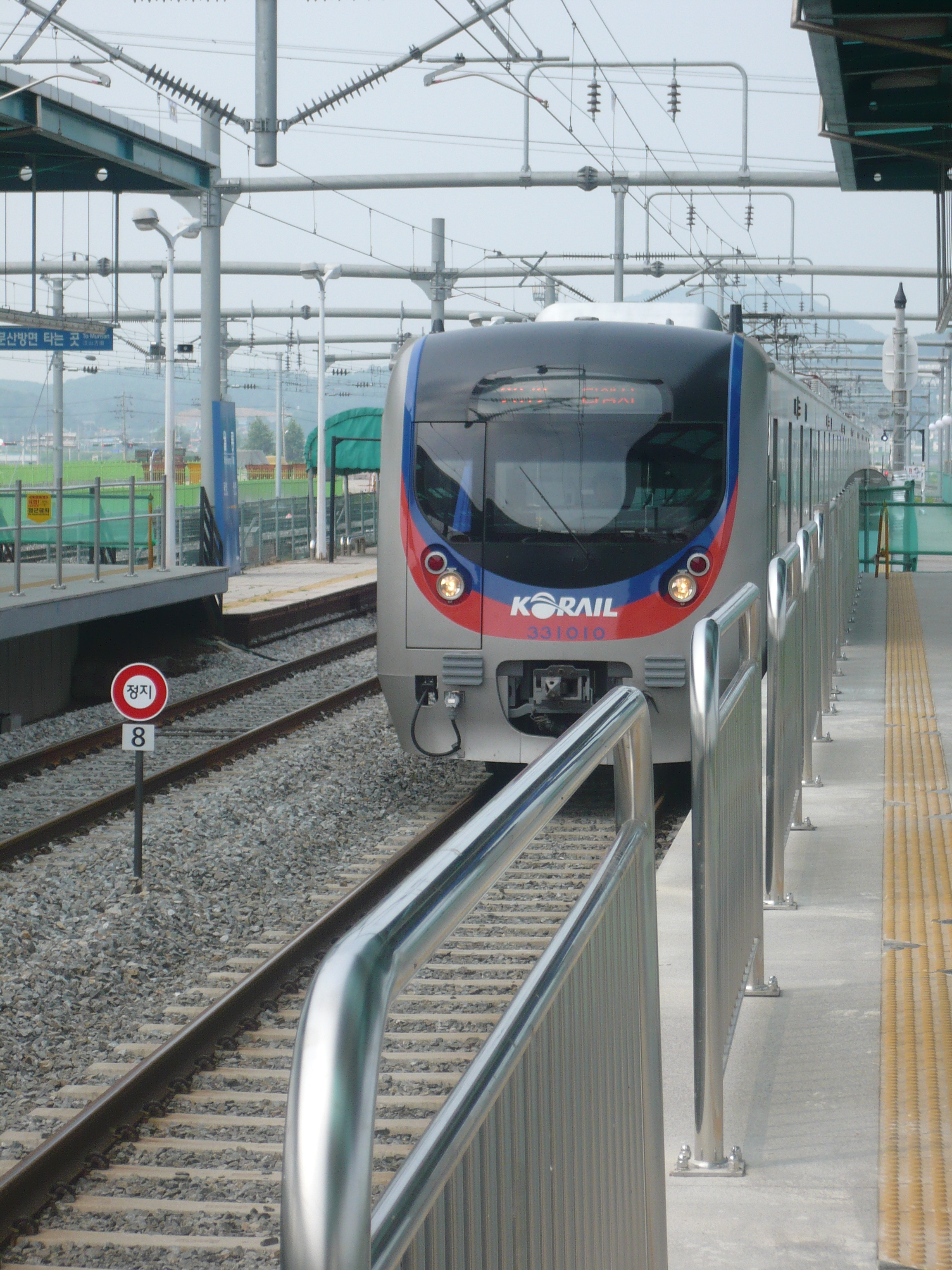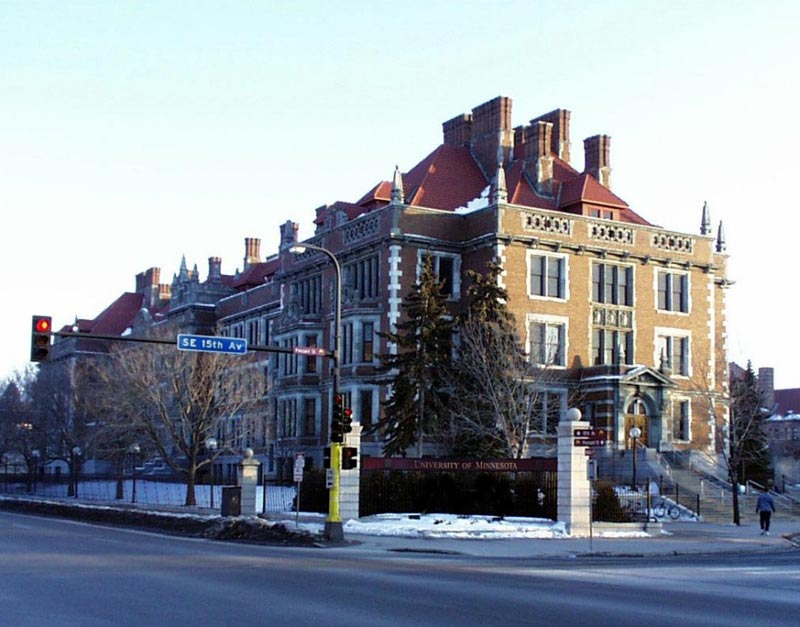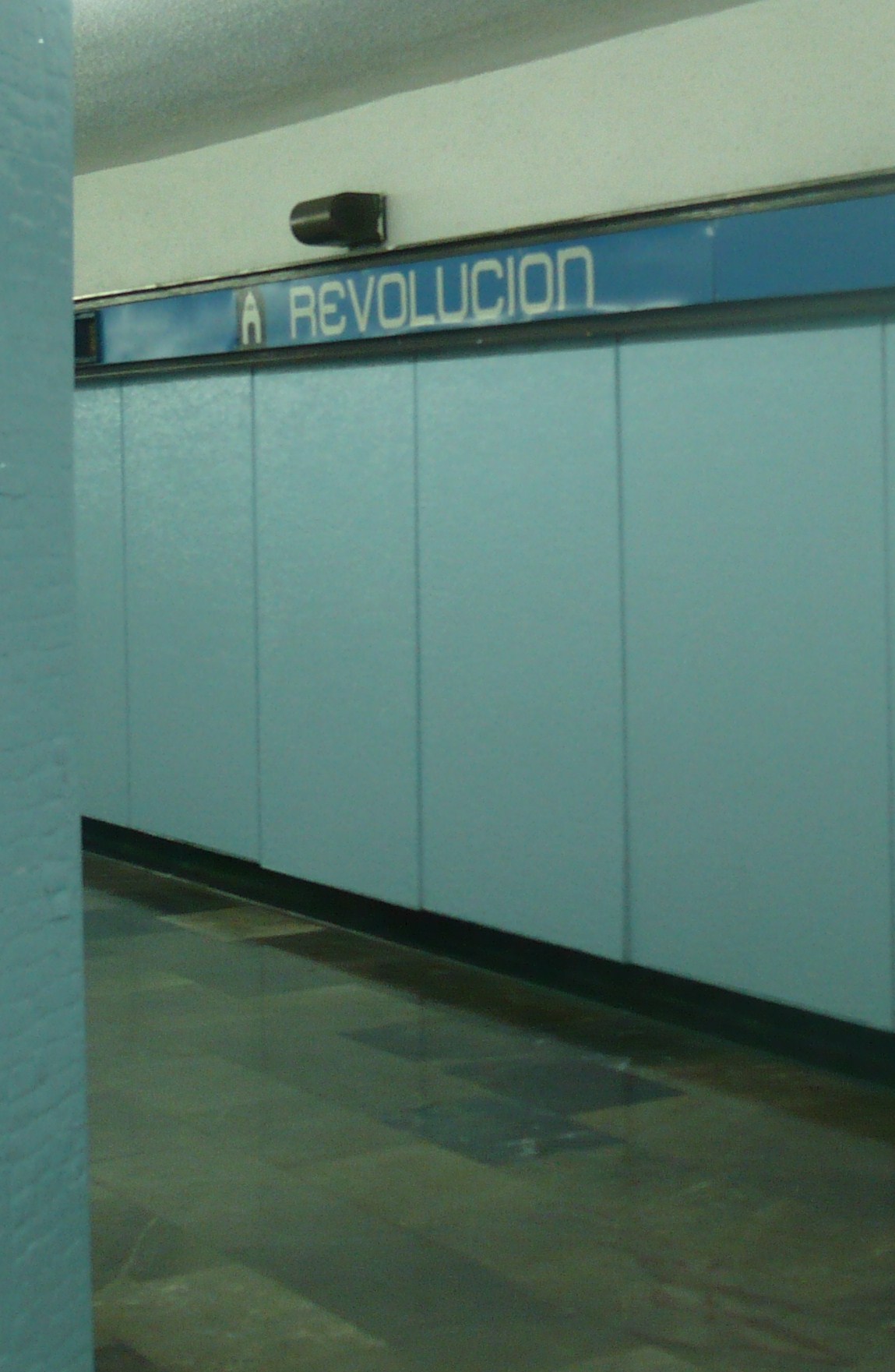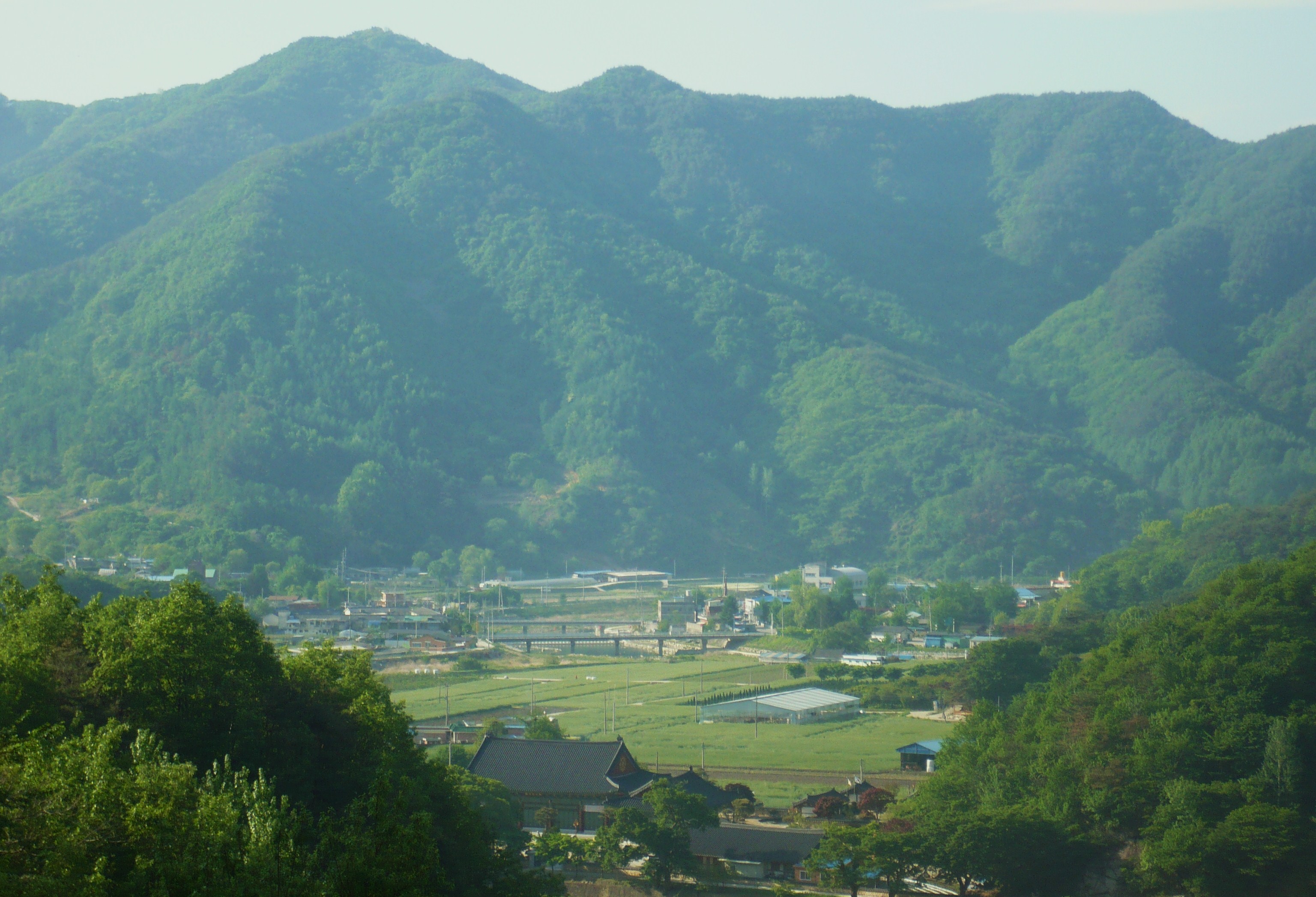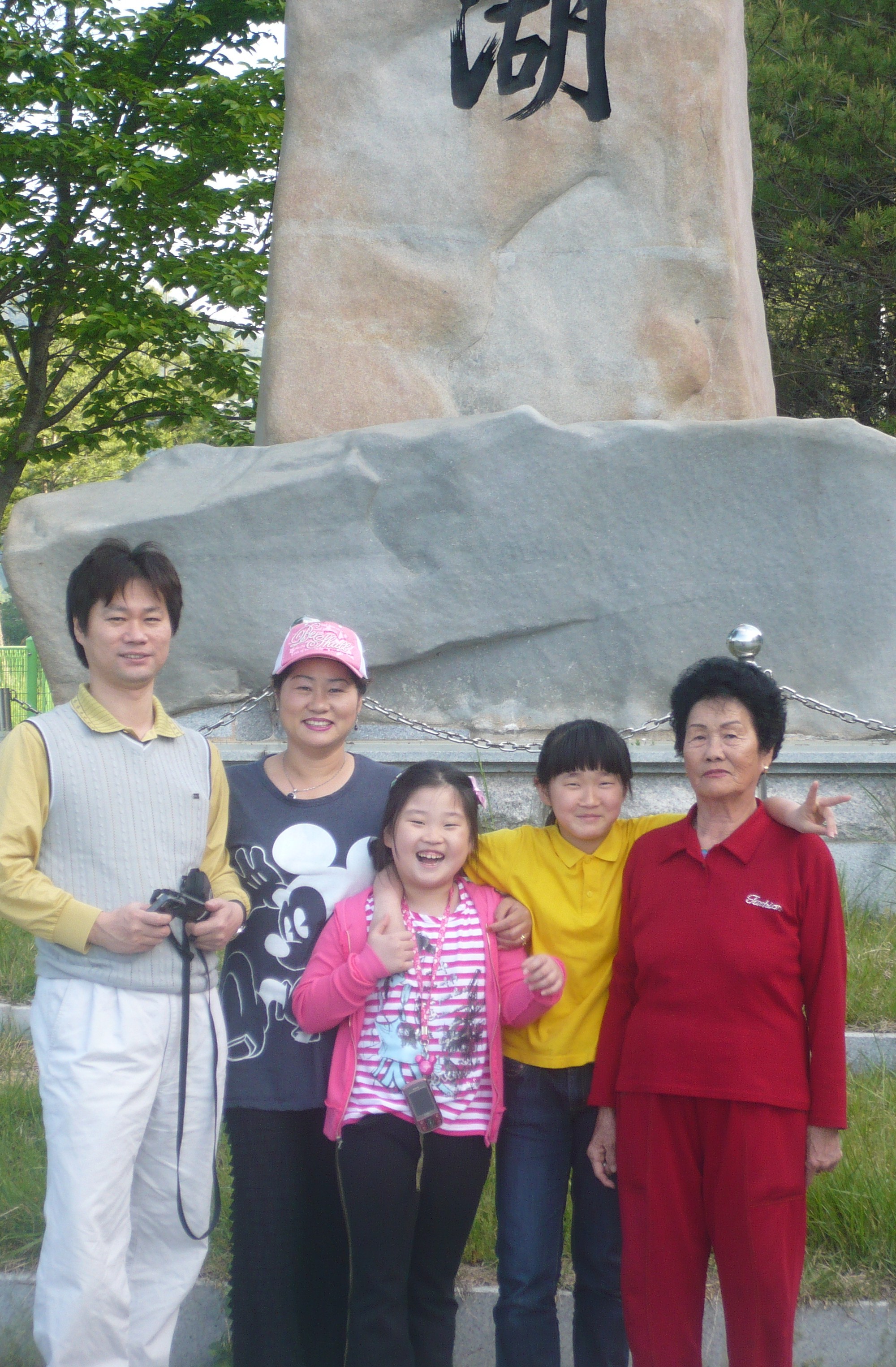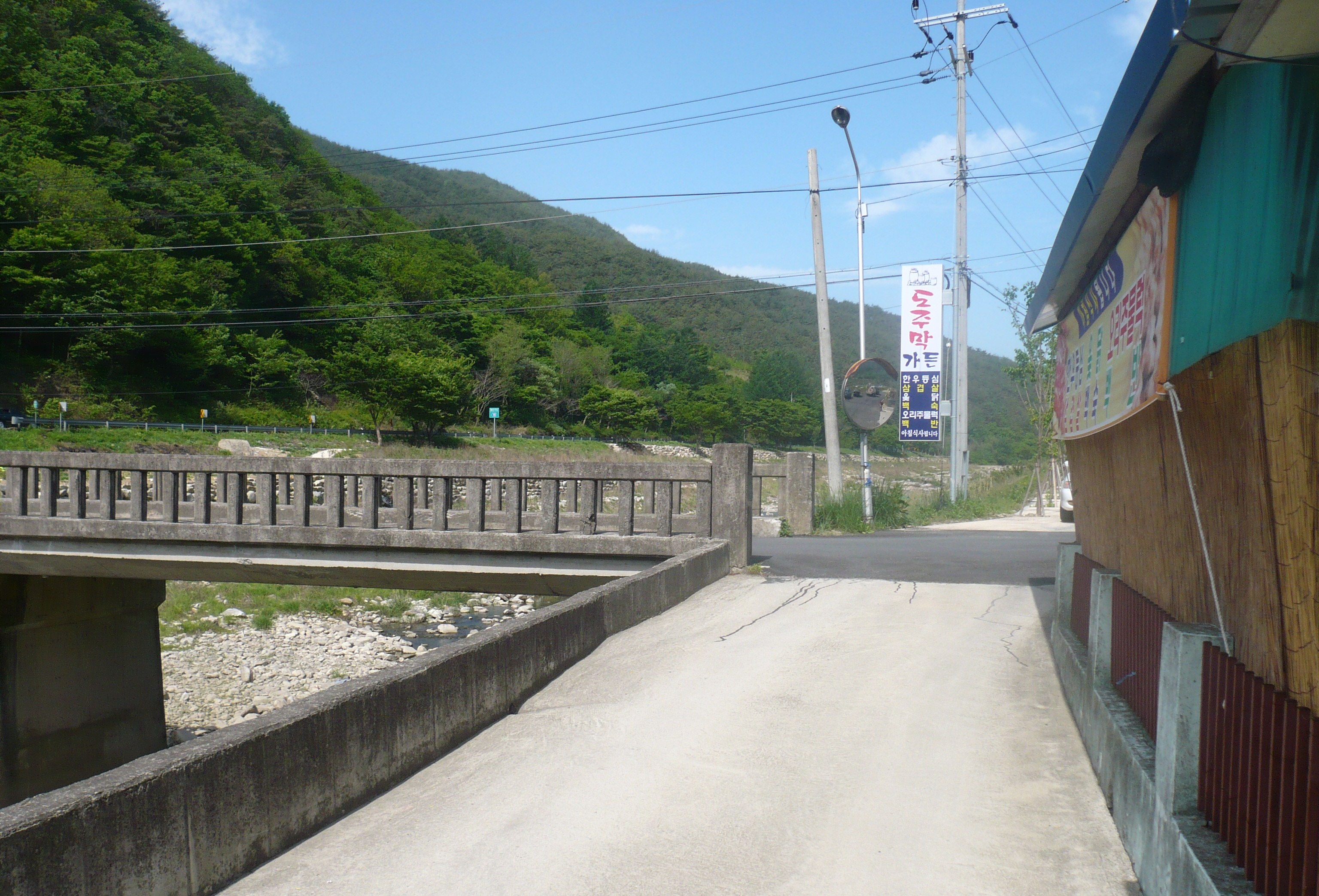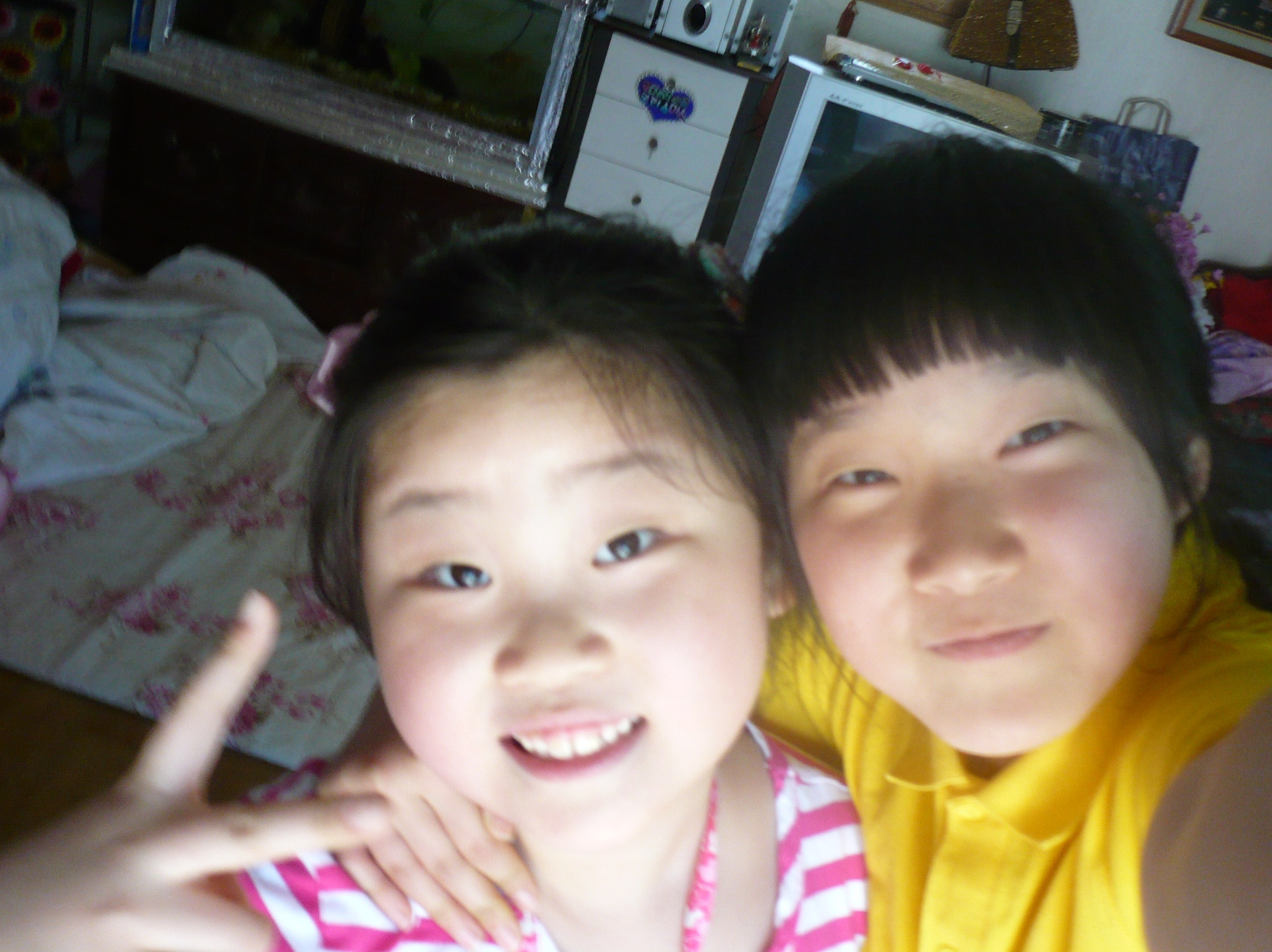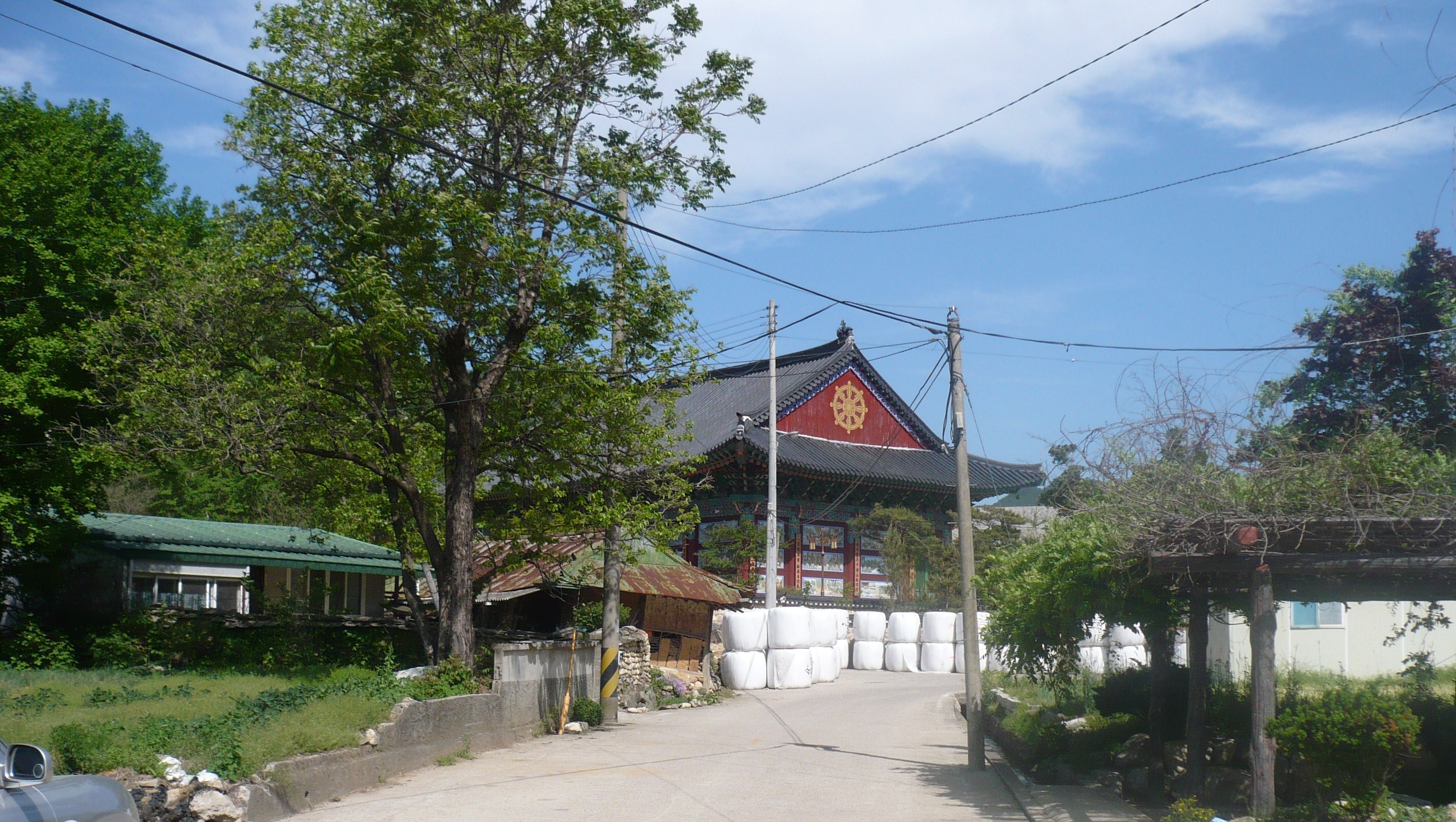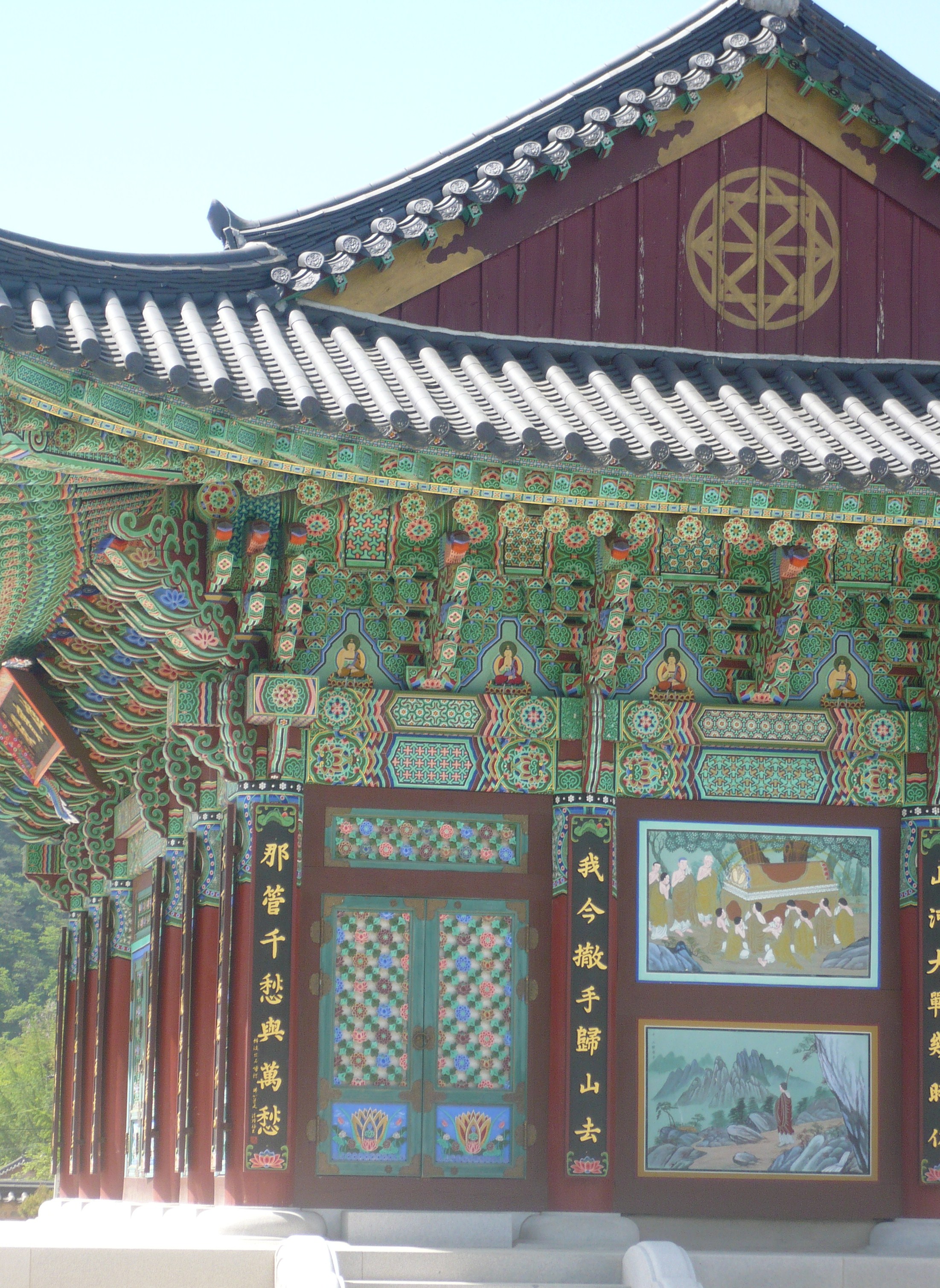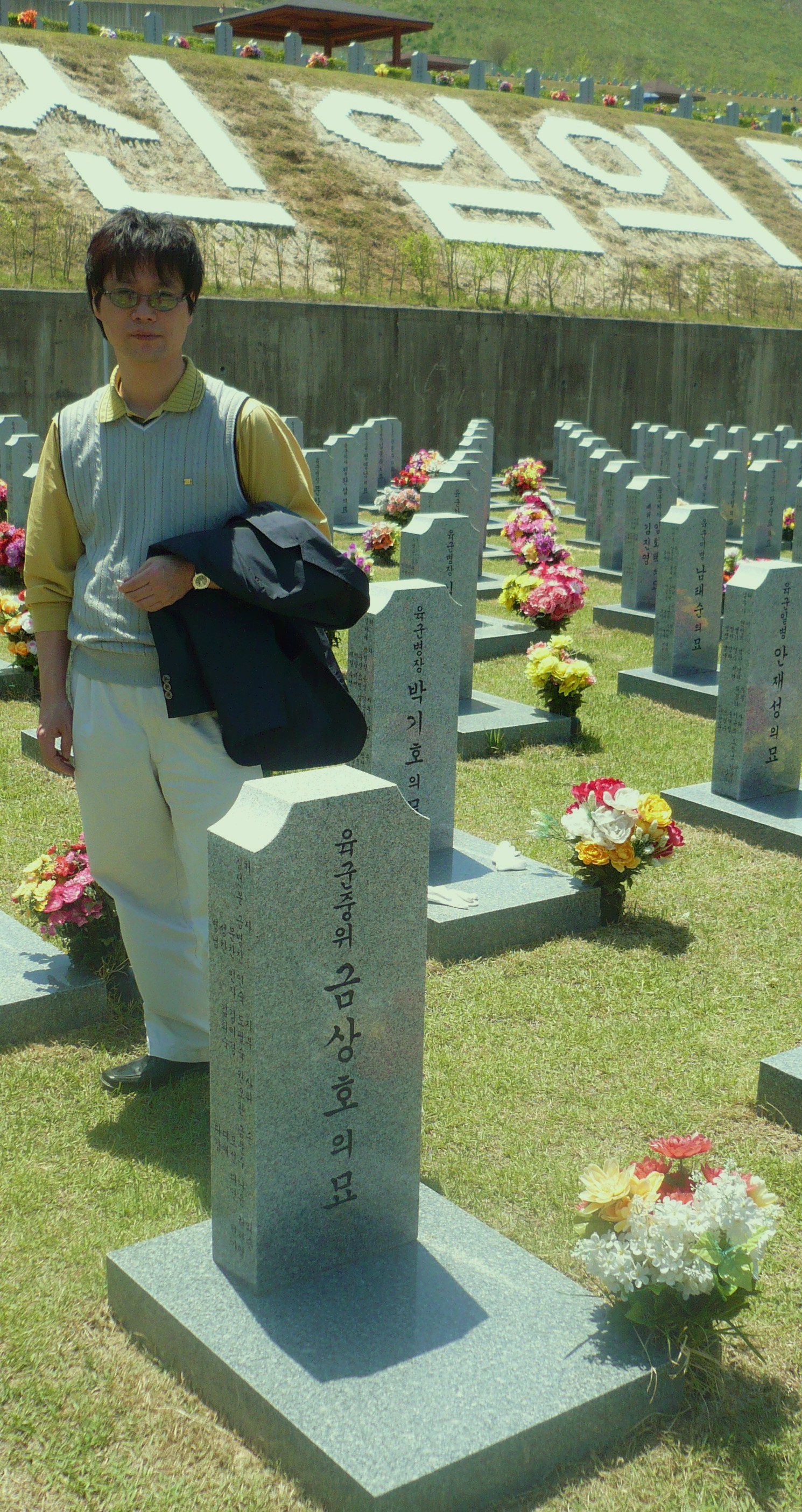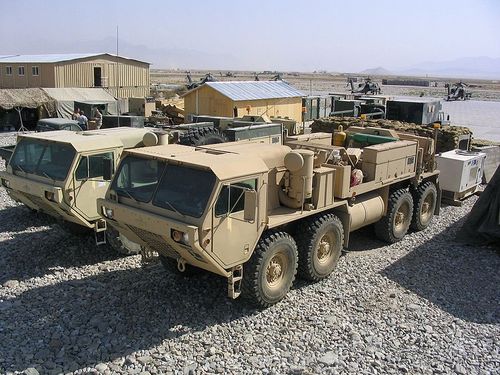It was a pretty rough week. Not so much in the quantity of work, but in the ups and downs of the affective environment at LBridge. There was the announcement, mid-week, that there will be layoffs, campus closings, etc. Though not impacting me directly, obviously the mood in the staff room has taken a beating. And today the rumors began to surface that teaching loads would be way up, next term. Which is logical, but no more welcome, for all that.
And there were deprecatory things muttered about "speaking teachers" (code for E2 visa-holding teachers as opposed to "natives") who have "easier jobs." While I disagree with that, with regard to class load, I do acknowledge that not having to interact with the parents, as is required of the native teachers, definitely makes things a little bit easier. I see how they struggle and suffer with the constant shifts in mood and policy (oh, there's a policy?), and of course, lack-of-support, on the part of management.
But the thing that has me most depressed is the situation of a student of mine. Not just mine… she's been in the Eldorado-ban (level) for a good portion of my time here. Her English name, self-selected, is Clover. I actually really have enjoyed having her in my class. She's not a great intellect, and her English skills are spotty. She's not a hardcore studier, and she's often moody. She can be easily discouraged, and is too often comparing herself unfavorably to her peers. The competition gets her down. But… she could be a lot of fun, too.
One day, a month or two ago, I came in, and she announced, "today, I am Robuckle." I said, "that's an interesting name. I like it." But I wanted to know where it came from. She managed to explain, after jumping up to the board and drawing it out in Korean hangeul, that it was the consequence of playing a common language-game with the hangeulized version of "Clover." This, of course, enchanted me – everyone, including my students, know about my love for all sorts of language games.
Here's how it works. If you write "Clover" in Korean syllables, it comes to keul-lo-beo (클로버). Then, according the rules of the language game, you put the first syllable last. That gives lo-beo-keul (로버클). But now the leading /L/ has been un-twinned, so it gets to become an /R/, according to standard Korean phonology. That gives ro-beo-keul. Finally, you un-hangeulize it back to something close to English phonology, and it sounds like "Robuckle." Fabulous!
Clover enjoyed having made me so happy with such a silly thing. So I enthusiastically endorsed the renaming of Clover as Robuckle.
Robuckle went back to being Clover a few weeks later, but after that, I always would grin to myself whenever I was scoring a paper of Robuckle's, or entering a grade, or whatever. I'm easily and eccentrically pleased, I guess.
Anyway. Clover's grades have been dropping quite a bit, of late. And she got a terrible score on the speaking final speech. She complained (via her mom, conveyed to the homeroom teacher, conveyed to me) that I had scored her unfairly. And she became grumpy and taciturn in class. Which of course caused her subsequent scores on things to drop, too. I asked her, several times, to bring me the scoring sheet I had given her for the speaking final – I was open to renegotiating the score, or, even, letting her have another go at it. But she was more interested in being angry about it. She finally told me her mom "threw it away" (meaning the scoring paper), to get me to leave her alone about renegotiating the grade.
The other day, she apparently complained to her mom that she "hated" all of her teachers at LBridge. Which is fine. Such complaining is the god-given right of every adolescent. But she alleged that we all hated her, too, and that we were unfair to her. Such complaints come from children everywhere, all the time. But the problem in the hagwon biz, where the parents are the paying customers… well, you can imagine: I've written about this dilemma at least once before. The management is just as likely to side with the kid as with the teachers, especially if the kid in question is being unequivocably backed by his or her parent.
The outcome of this is that Clover's homeroom teacher got a dressing-down today by the manager, for not intercepting Clover's problems, and for being unfair, and for not mediating her perceptions of unfairness of her other teachers, such as myself. And that left Clover's homeroom teacher pissed as hell, naturally. At Clover. At Clover's mom. At the manager. And Clover is, most likely, dropping out. And Clover's sister, a star pupil across the street at the middle-school branch, is being pulled, also. Officially, it's all the fault of us teachers.
You see how this works? It's depressing.
And despite all that, I'll miss Clover, too. Her unkempt hair, her occasional wry grin, her sullen slouch, that baseball cap permanently affixed to her head, her flashes of real intelligence shining through the murk of atrocious syntax.
Alas, Robuckle.



